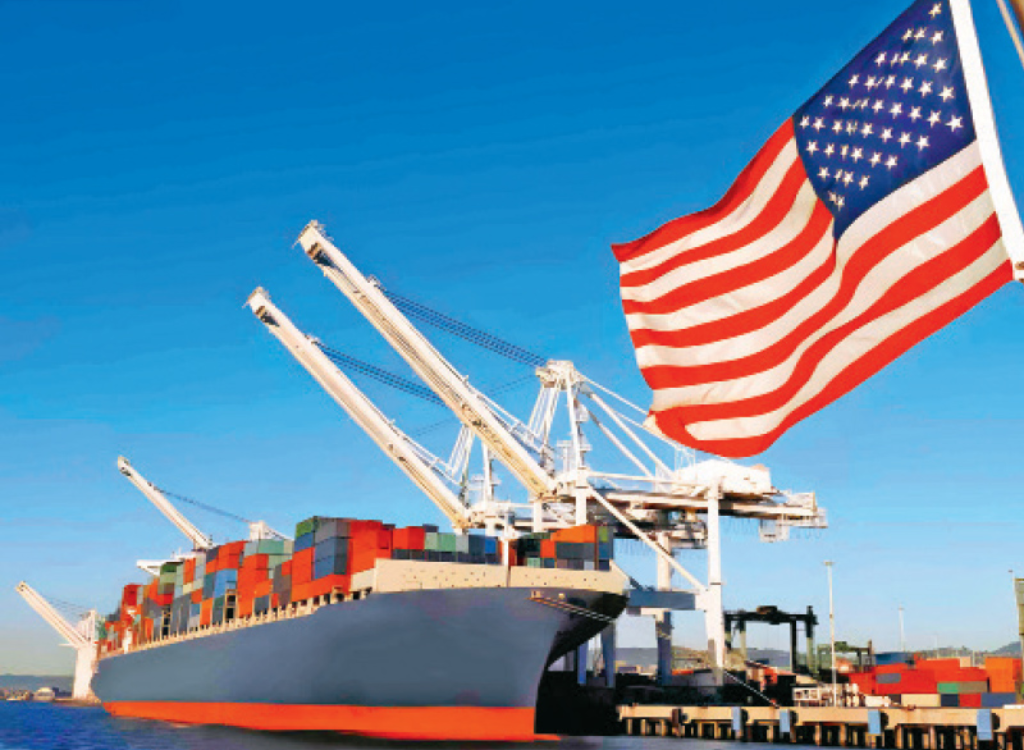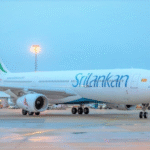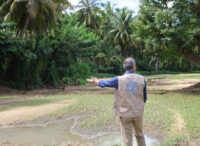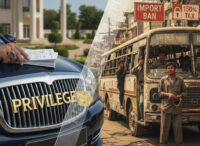The Sri Lankan government is preparing a sweeping package of economic concessions aimed at securing vital tariff relief from the United States, raising concerns over deepening trade dependency.
According to high-level diplomatic sources, the government is actively exploring ways to reduce its trade imbalance with Washington by increasing the volume of goods imported from the US.
Among the key proposals under consideration is the purchase of three Boeing aircraft and the importation of fuel and soy raw materials, all expected to be routed through a leading private-sector operator in Sri Lanka.
A more controversial aspect of the plan involves the removal of the Value Added Tax (VAT) on imports and exports between the two nations.
Diplomatic insiders state that this recommendation comes following a request from U.S. representatives, based on the premise that VAT constitutes a form of tariff under President Trump’s trade doctrine.
While no final decision has been announced, the potential exemption of VAT—a major source of government revenue—has already drawn sharp criticism from economists and trade analysts.
Economists further observe that such a concession could undermine Sri Lanka’s fiscal stability while granting the U.S. disproportionate influence over national trade policy.
They say that such trade-offs, particularly the purchase of expensive aircraft and the rollback of key taxes, may create new forms of dependency on US trade policy while simultaneously weakening local economic control.











Leave a comment